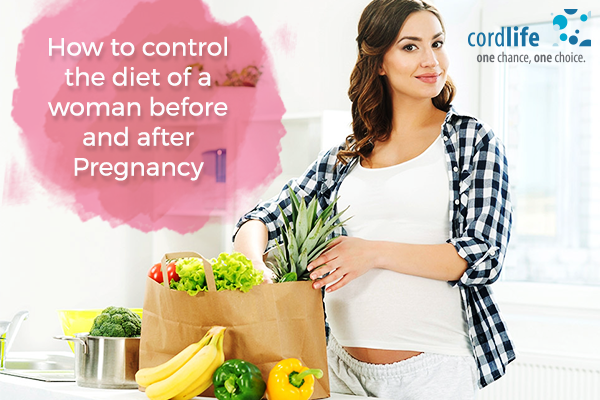Table of Contents
During and after pregnancy, the body of the pregnant woman provides the baby with all the elements necessary for its proper growth: proteins, fats, sugar, vitamins, and minerals. Therefore, it is important to eat well during pregnancy and breastfeeding. The energy and nutrient requirements are more significant during this time. Women who eat well during and after pregnancy contribute to the health of their unborn baby.
Diet during pregnancy and lactation
For a pregnant woman, it is essential to eat a diet rich in nutrients. Women who eat well generally feel less tired and energetic. In general, they enjoy better health, which facilitates their pregnancy. They suffer less from gestational diabetes. It is also easier for them to lose more weight after the pregnancy ends. Eating well during pregnancy is essential. Besides, most women do not have to alter their diet. However, some changes need to be followed.
Eat well during and after pregnancy – some basic tips
These are the key tips to meet you and your baby’s nutritional needs:
- Eat 3 meals a day.
- Take 2 to 3 snacks a day: for example, a snack consists of fruit, a cup of yoghurt or a glass of milk or 2 tablespoons of almonds.
- Eat a variety of foods in the 4 food groups: vegetables and fruits, cereal products, milk and alternatives, and meat and alternatives.
- Regular food intake helps prevent the loss of energy during the day since your blood sugar (also called glucose) is more stable. Also, it is better to avoid long periods (more than 12 hours) without eating.
- Follow precautions to prevent foodborne infections (for example, listeriosis and toxoplasmosis).
Eat for two
Should you eat twice as a pregnant woman? Although the calorie requirement increases during pregnancy, the difference is not very large. Pregnant women should pay particular attention to the quality of the food they eat. A variety of foodstuffs should be on the menu. On average, a pregnancy requires 80,000 extra calories or approximately 285 more calories per day. The needs are bigger in the end than at the beginning. Know that the metabolism of the mother adapts and reduces calorie consumption to give preference to the baby.
The increase in the nutritional needs of the pregnant woman is equivalent to 2 or 3 servings of additional food per day compared to an adult woman who is not pregnant. For example, a serving is a fruit or a glass of milk or an egg. Depending on when you feel hungry, these extra portions can be taken at mealtime or as snacks. These figures are an average for the whole pregnancy. The calorie requirement increases only slightly in the last trimester. As a result, you may not have to eat too much for several weeks in the beginning. In that case, do not force yourself. During pregnancy, it is important to eat different foods as fresh as possible.
Unless it is necessary to avoid any excessive weight gain during pregnancy, it is not recommended to follow any restrictive diet during this period. A balanced and sufficient diet that favours high-quality food, possibly without salt in case of severe hypertension, associated with regular physical activity such as walking, is the key to limiting weight gain during pregnancy and losing it afterwards.
